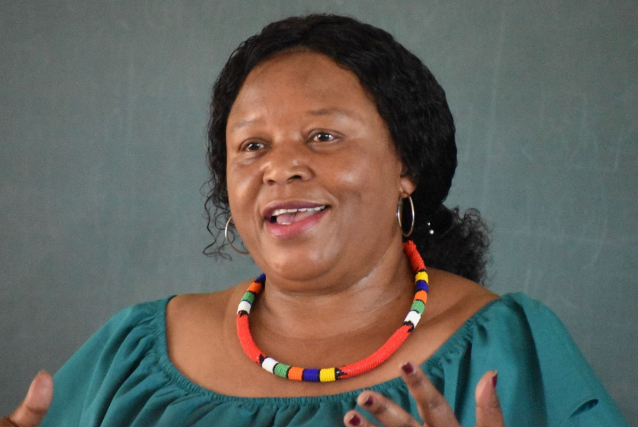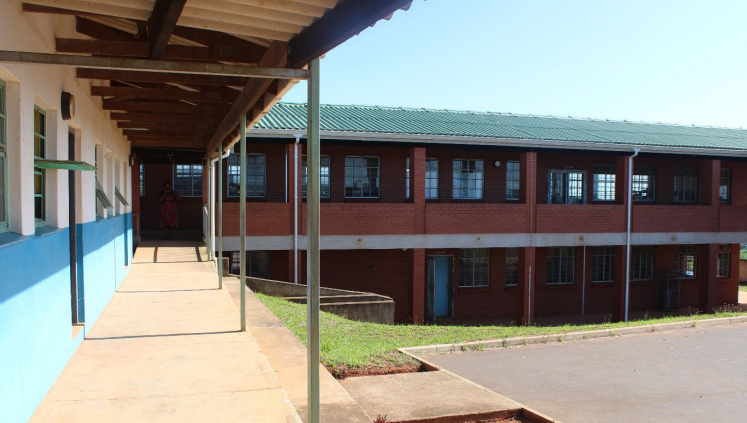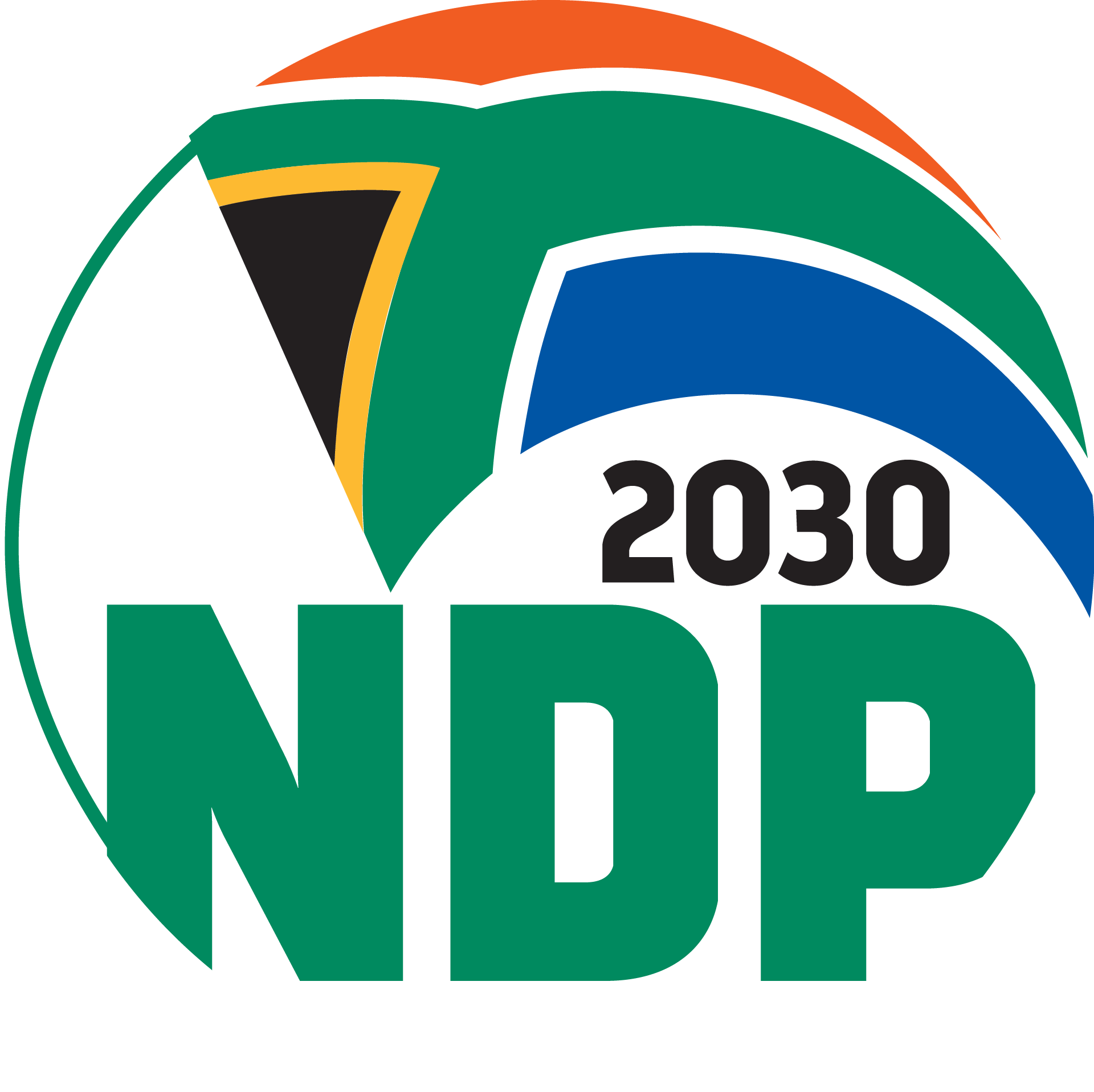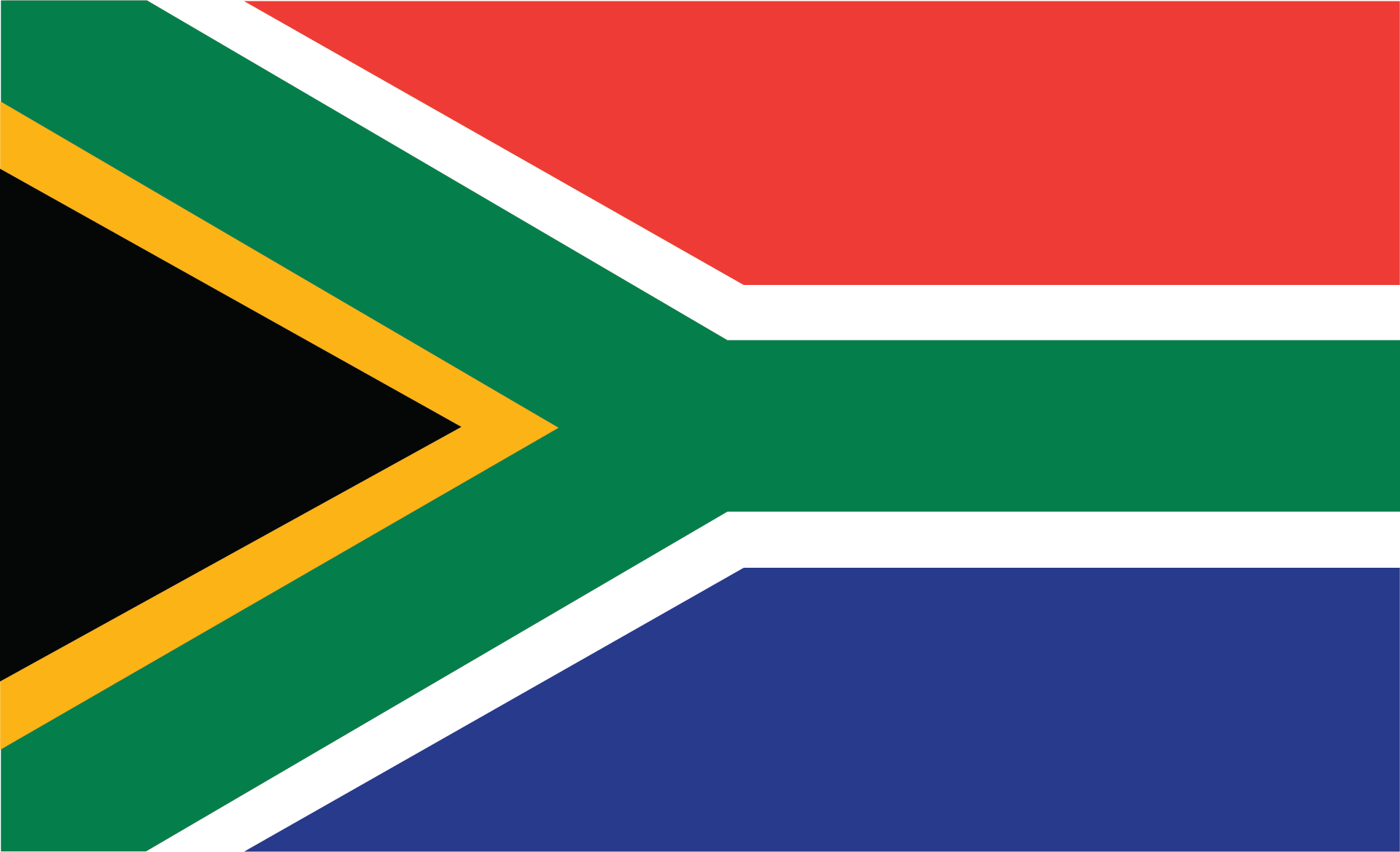MEC Nkonyeni: We Must Utilise State Resources Optimally (isiZulu)
Story and pictures by Vusi Shabalala

The final day of the schools’ functionality and monitoring programme was on Friday 17 January 2020 at the
Manzini High School. The school was founded in 1996 and its operation kicked off in 1997. It is situated within
Ubhaqa Ward of Mangangeni area in Ndwedwe of the iLembe District. Mrs Z.L. Mthembu, currently heads the
school and serves as acting principal since 2018 supported by a staff complement of 6 educators. The subjects
offering cover isiZulu, English, Mathematics, Life Orientation, Accounting, Business Studies and Economics. Its
learner enrolment figures show a decline from 101 in 2015 to 29 in 2019 with a pass rate for Grade 12 learners
also taking a deep of 0% pass rate in 2015 and only one (1) learner who managed to pass in 2019.During the
presentation report of the school’s profile, Mrs. Mthembu reiterated a deepest concern that “the school has
serious challenges”. She further said “The school ends up enrolling any learner who has been expelled from other
schools for some reasons.” She also expressed that “the quality of teaching was severely compromised and the
loads of teachers were unmanageable.” It was an evidence of school dysfunctionality.
As the day’s programme unfolded, various speakers on the line-up shared heart-breaking but truthful remarks
about the school’s state of affairs. The picture about Manzini High was dark, revelations that the community and
parents relations within Ubhaqa are despondent, gloomy and depressing. The level of education, income and
unemployment were indicative variables relating to the ownership to learning by the households of the area. It
was possibly a common and basic understanding that warning signs of total dislike to education by the youth
could easily be detected. According to the reports, learners were not motivated, engaged and self-directed. They
could not monitor their own progress so as to reflect on content study subjects. This could have been attributed
to various factors such as previous negative experience, the fear of change, mental and or physical condition, lack
of confidence and motivation, fear of failure, external pressure and the environment. Funny though, Manzini High
school has a ‘state-of-the-art’ infrastructure one would imagine.
MEC Nkonyeni also had her fair share of contributions during the deliberations. She echoed her honest, forthright,
equitable, decent, fair, conscientious and strategic response to issues that plagued Manzini High School with a
dark cloud. “Let us be honest and realistic. We cannot afford to hide the truth on how we utilise the state
resources. We must ensure that we use state resources optimally,” she affirmed the position of good governance.
In simple understanding, why using educators at an institution that does not qualify their worth, while learners
on the other side do not make up the required enrolment criteria and requirement.

The structural building of Manzini High School – classrooms that have been built to serve with the school having only 29 learners
In any form of governance, the choice is always with people. They have to decide at some point or another
whether to live with what is good or to throw out what they consider as evil – crime, neglect to education, teenage
pregnancies and other social ills. It is acknowledgeable that most rural schools lack good provisioning for water
and sanitation, proper drainage system, adequate health care services and even policing. On the other side, good
governance is at the heart of any successful government and business. It is essential for an institution like
‘education – particularly in the public sector’ to achieve its objectives and drive improvement, as well as maintain
legal and ethical standing in the eyes of stakeholders, regulators and the wider community. In a broader picture,
good governance may be detrimental to oversight and accountability. It may claim to provide the techniques of
policing and improving institutional performance with minimal interference in any government system.
When the provincial government of KwaZulu-Natal makes concerted efforts to solicit inputs from the citizenry
and provide services to all, it sows the seeds of stability, development and growth. However, this should be done
within a framework of political, collective and legal accountability. Ultimately, the citizenry will increasingly trust
the government to support the economy and not prey on it. In a way, the schools’ functionality and monitoring
programme underlies the efficacy of public sector interventions to improve education, health, livelihoods and
welfare amongst others. Credible and trustworthy schools will continue to receiving both social and financial
support from government that in turn facilitates service delivery and legitimizes other components of governance.
An assertion from the provincial leadership is that every school development is local. Local government is the
sphere of government closest to the people. Many basic services are delivered by local municipalities and local
ward councillors, who are closest to communities and schools. On the other hand, communities have a duty to
take care of the resources provided for by government. This means there is no room for social ills in the province.
According to MEC Nkonyeni, partnerships will continue to be enhanced between civil society and government to
address issues that affect and impede ‘teaching and learning’ in order to find sustainable ways to meet social,
economic and material needs and improve the quality of peoples’ lives. Extremely rapid changes at the local
levels are forcing local communities to rethink the way they are organised and governed. It is safe to submit that
rural communities, taking their traditions and cultural values into account, have to find new ways to sustain their
economies, build their societies, protect their environment and improve community safety so as to eliminate
poverty, unemployment and disparity.


